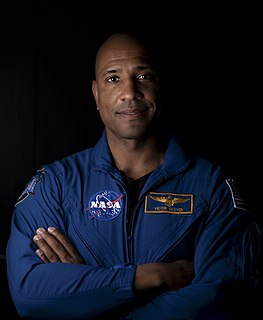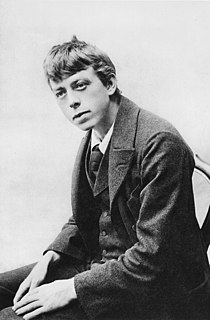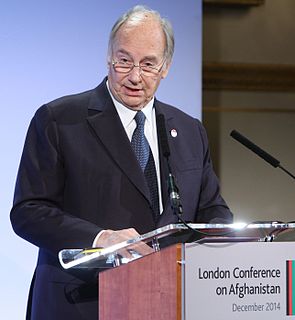A Quote by Val Kilmer
Most films made about the future acquiesce toward death, and I don't want to be told how to define my future.
Related Quotes
Everyone wants to be foremost in this future-and yet death and the stillness of death are the only things certain and common to all in this future! How strange that this sole thing that is certain and common to all, exercises almost no influence on men, and that they are the furthest from regarding themselves as the brotherhood of death! It makes me happy to see that men do not want to think at all of the idea of death!
Similarly, knowledge of the future was incompatible with free will. What made it possible for me to exercise freedom of choice also made it impossible for me to know the future. Conversely, now that I know the future, I would never act contrary to that future, including telling others what I know: those who know the future don't talk about it. Those who've read the Book of Ages never admit to it.
So one predicts the future as much as one is cause. The future isn't a pattern laid out to abuse and bully you. The future is a beautiful playground that nobody happens to be combining. You talk about virgin territory - the most virgin territory there is, is the future. You can do anything you want with it. Nobody is doing anything with it.
There are two kinds of people: one who goes on thinking about the future, not bothering about the present at all. That future is not going to come, that future is just a fool's imagination. I don't think about the future. I am a totally different kind of person. I don't think about the future at all, it is irrelevant.
But the indeterminate future is somehow one in which probability and statistics are the dominant modality for making sense of the world. Bell curves and random walks define what the future is going to look like. The standard pedagogical argument is that high schools should get rid of calculus and replace it with statistics, which is really important and actually useful. There has been a powerful shift toward the idea that statistical ways of thinking are going to drive the future.
We spend our whole lives worrying about the future, planning for the future, trying to predict the future, as if figuring it out will cushion the blow. But the future is always changing. The future is the home of our deepest fears and wildest hopes. But one thing is certain when it finally reveals itself. The future is never the way we imagined it.
My grandfather was a most gifted person, and amongst his many qualities, one of them had always particularly impressed me. While the past was a book he had read and re-read may times, the future was just one more literary work of art into which he used to pour himself with deep thought and concentration. Innumerable people since his death have told me how he used to read in the future, and this certainly was one of his very great strengths.




































